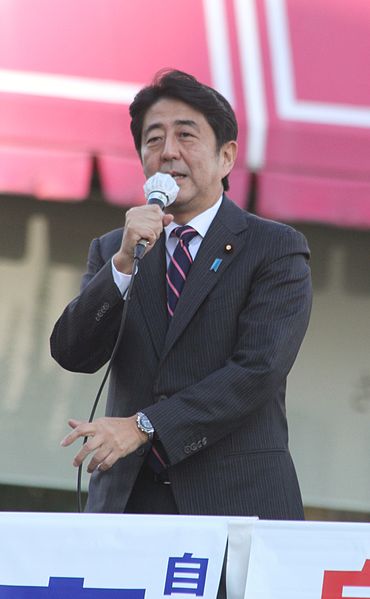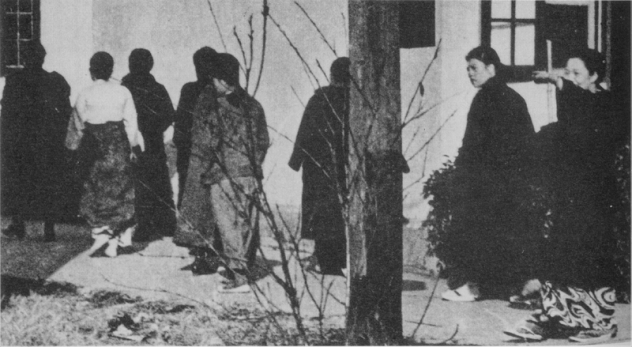The Resurgent Problem of Japanese Nationalism

A few weeks back, I wrote an article talking about
The main issues at hand are the committing of war crimes during the last World War, specifically the use of “comfort women”. Though crimes always occur during times of war, sometimes what takes place crosses the boundaries of what is considered internationally acceptable. This Japanese policy of forcibly inducting women into prostitution is considered one of those horrific acts.
Mainly occurring in

There was an official apology issued several years ago, in 1993, which helped to alleviate the tension to some degree. But now, other politicians are saying things that are bringing that long-awaited conclusion into question. The main issue is the current Japanese Prime Minister, Shinzo Abe. He has been working against the former apology, saying that he wishes to make changes to it in order to reflect what he feels is a more valid statement. This, of course, involves making it less committed and reducing the perception of Japanese fault. His argument is that there are no “official” documents referencing such acts and therefore the Japanese government should not acknowledge them in quite the same way.
This revision to the apologies is further complicated by the fact that Abe is looking to make alterations to
Additionally, other short-sighted politicians have been causing even more complications with the apology issue. One particular idiot member of government made a statement expressing his opinion that sex slaves were necessary to help Japanese soldiers cope with the war. This statement, made less than two months ago, caused a resurgence in the uproar regarding Japanese sincerity in their apology over the “comfort women” war crimes. And despite international outcry over the man’s statements, so far nothing has been done to remove him from office or punish him.
This lack of being able to see the big picture and comply with the wishes of an international community will have serious consequences if
Some may question the validity of making an apology for a crime committed by people who are all likely dead during a year that is nearly a century passed. It may at first seem like an act of vanity to appease people, but in truth the apology is less about taking responsibility for the actions of
Shinzo Abe courtesy of TTTNIS via Wikicommons
Comfort Women courtesy of Jjok via Wikicommons

0 comments